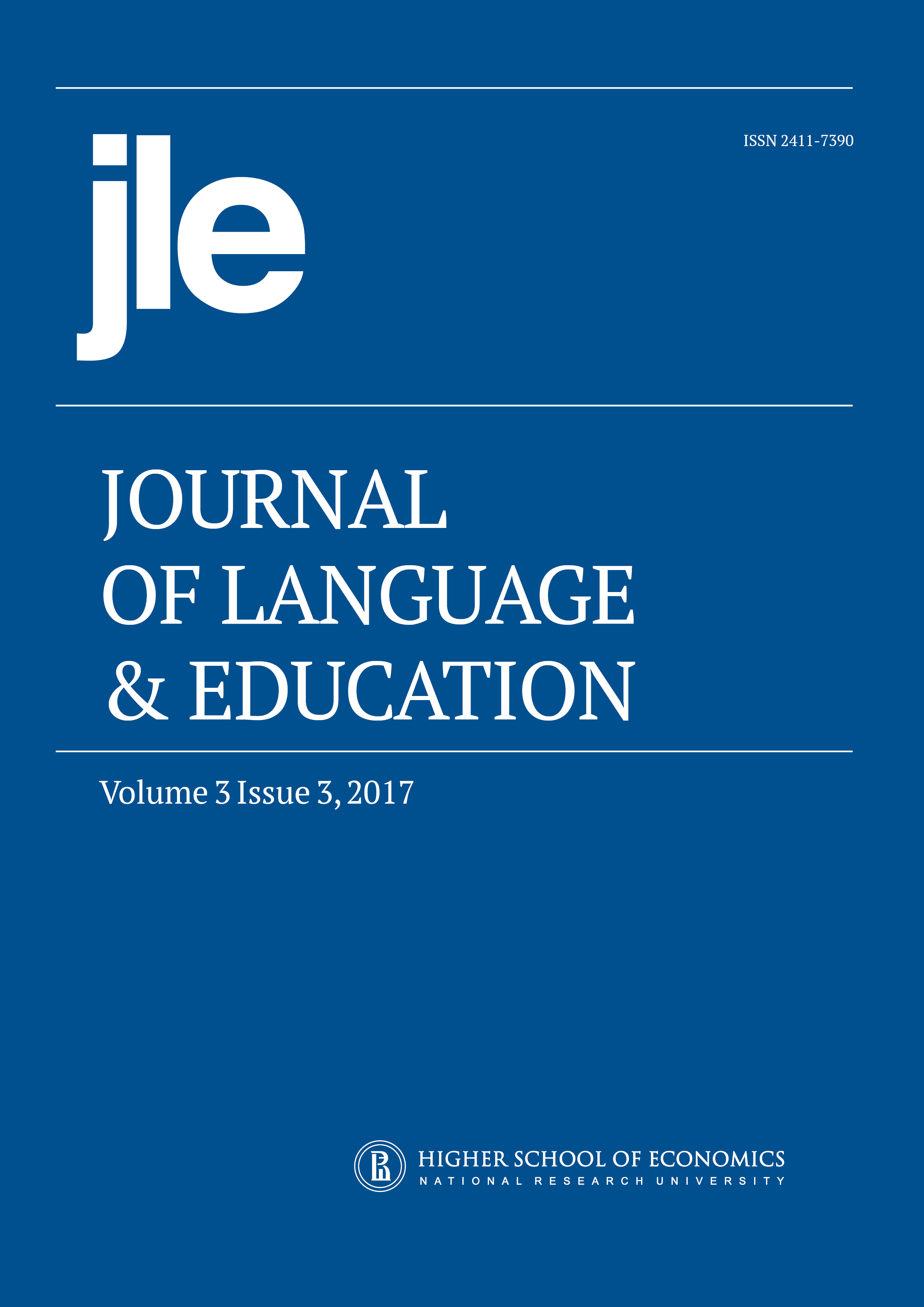Fostering Economics Students’ Listening Skills through Self-regulated Learning
Keywords:
listening skills, study skills, self-regulated learning, scaffolding, ESP classroom, staged activity, meaning making
Abstract
This study aims at fostering students’ listening skills by scaffolding their self-study learning practices in the English for Special Purposes (ESP) course. While there is a significant body of research exploring classroom-based teaching approaches, there is little empirical research into how students develop their ESP listening skills outside the classroom. Our study suggests that developing a self-regulated model for acquiring ESP listening skills in a self-study mode is an efficient way to improve students’ performance as it provides them with relevant scaffolding and makes the listening process more transparent. The article provides theoretical grounding for the self-study model. The entry-level and post-study tests in listening scores (IELTS test) are compared across the control and the experimental groups (60 students in total). The results of the study indicate that students who were developing their listening skills in a self-study mode via the designed scaffolding performed significantly better than their peers in the control group. Scaffolding self-study listening practices of students outside the classroom prove to be a significant factor in facilitating English learning in an ESP classroom.Downloads
Download data is not yet available.
Published
2017-09-30
How to Cite
LastochkinaT., & SmirnovaN. (2017). Fostering Economics Students’ Listening Skills through Self-regulated Learning. Journal of Language and Education, 3(3), 60-67. https://doi.org/10.17323/2411-7390-2017-3-3-60-67
Section
Research Papers
Authors who publish with this journal agree to the Copyright Notice.



